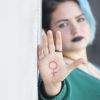Faces of the German women’s movement.
Struggle for equality from 1918 to 2018: four strong women you should know.
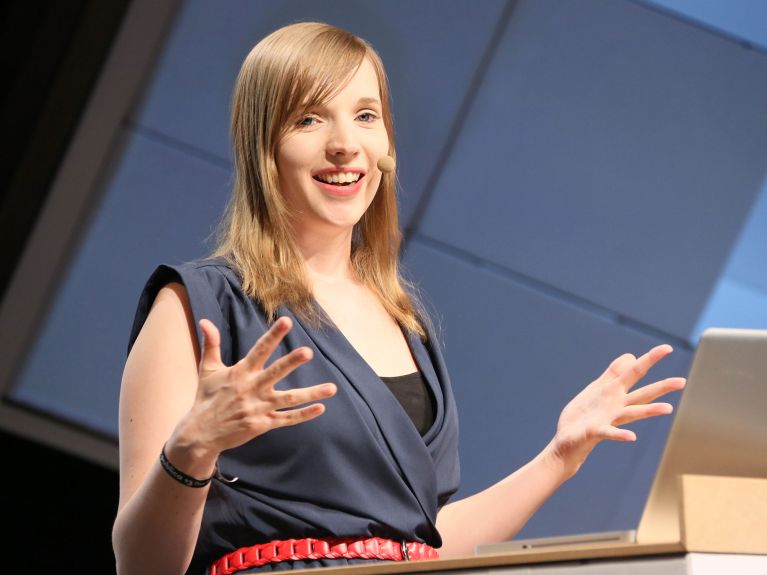
After a long struggle for equal rights, the law giving women the right to vote in Germany was passed on 12 November 1918 – a milestone in the history of feminism. Because equality has nevertheless not yet been achieved everywhere in politics and society, the women’s rights activists of the first hour have been succeeded time and again by new advocates – albeit with different agendas.
Marie Juchacz
Social Democrat, women’s rights activist and founder of the Arbeiterwohlfahrt (Workers’ Welfare Association), Marie Juchacz (1879–1956) was one of the advocates of female suffrage in 1918. She ran for the German National Assembly in 1919, and, together with other female politicians, won 37 of the 423 seats in the first parliament of the Weimar Republic. She was the first woman to open a session of the House, saying: “What this government has done is the most natural thing in the world; it has given women what until then was wrongly denied them.”
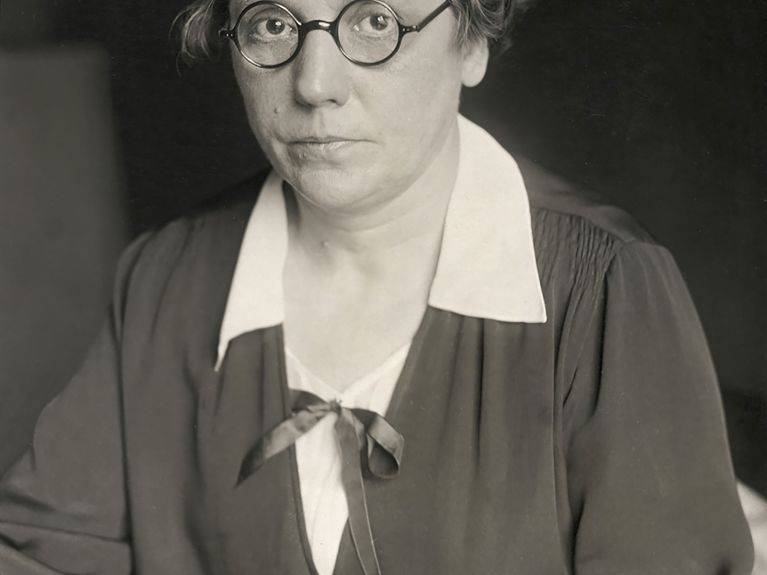
Friederike Nadig
Friederike Nadig (1897–1970) was one of the ‘mothers of the Basic Law‘. She worked in an honorary capacity for the Arbeiterwohlfahrt and joined the SPD at the age of 20. After the Second World War in 1948, she was appointed as a member of the Parliamentary Council that drafted the Basic Law (Germany’s constitution). There were three other women members. Nadig was one of the most committed campaigners for equality, a principle that was then enshrined in Article 3 of the Basic Law.
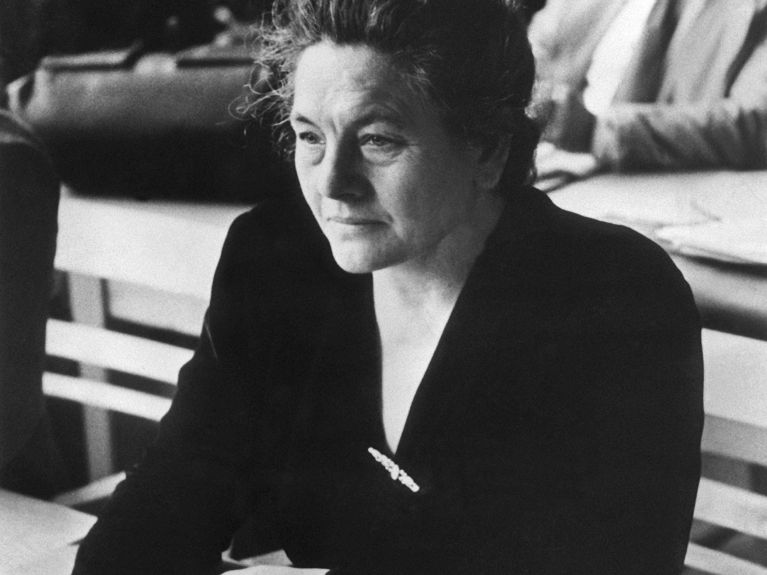
Alice Schwarzer
Alice Schwarzer (born in 1942), editor of the feminist magazine ‘Emma’, is Germany’s best-known feminist. The journalist went to Paris in 1970 as a correspondent, where she became friends with the feminist writer Simone de Beauvoir. In Germany in 1971, she initiated the ‘Stern’ magazine title story ‘We’ve had an abortion’, where nearly 400 women acknowledged that they had terminated a pregnancy. Schwarzer still fights for equal rights today as a writer, presenter and talk-show guest.

Anne Wizorek
Anne Wizorek (born in 1981) became known through the hashtag #aufschrei (#outcry), which triggered a debate about everyday sexism in Germany in 2013. The author and blogger writes on violence against women and on racism. She prefers to use social-media channels, but has also published a book entitled: ‘Weil ein Aufschrei nicht reicht. Für einen Feminismus von heute’ (‘Because an outcry is not enough. For a feminism of today’). Wizorek also campaigns for transgender rights.
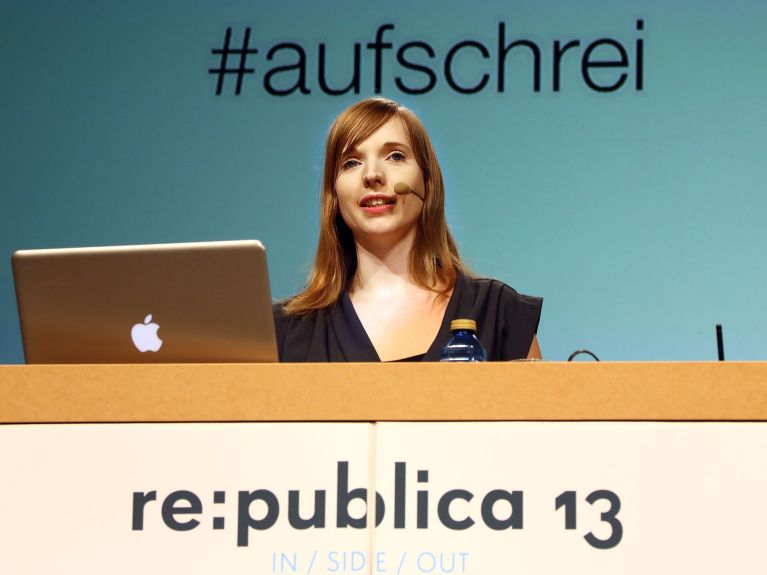
© www.deutschland.de
